Description
Those founders who go on to have a lot of success are acutely conscious of the best ways to inspire those who are a part of their network. It is standard procedure to begin by establishing a customer base (data consumers) and a vendor base (data providers) within the solution before attempting to accomplish this motivation. This step is necessary in order to fulfil this motivation. The secret to keeping oneself motivated over time is to strike a healthy balance between one’s obligations and the prospective benefits of doing so. For example, the SecureKey strategy provides “privacy protecting” ground principles (which are described in chain code) for the fashion in which data are transmitted from one entity to another. These principles are outlined in the context of the SecureKey protocol. This collection of principles guarantees that the creators of digital assets will “get paid” when consumers of digital assets “pay” to have their authentication characteristics validated. The foundation principles are what give a digital marketplace its structure and fortitude. Additionally, they encourage participation by improving precision, lowering the cost of identification, increasing speed, and improving the overall quality of the user experience as a whole. Creators of enterprise blockchains are able to make the providing of a motivational incentive system feasible by utilizing a developing method known as asset tokenization. This method was developed by the enterprise blockchain creators. In many implementations, the ticket is an essential component of the solution itself and has the potential to perform a function that is comparable to that of recognition points. This is one of the reasons why this feature is so appealing. For example, one solution entails the introduction of a native carbon credit currency. This currency is awarded to a member of the network whenever that person decreases the amount of energy that they use. The user is able to exchange the ticket for discounts on debit card purchases made through a debit card supplier that is also a member of the network. The user has the ability to trade in the ticket for discounts. The neighborhood utility business is an excellent illustration of this type of service supplier.
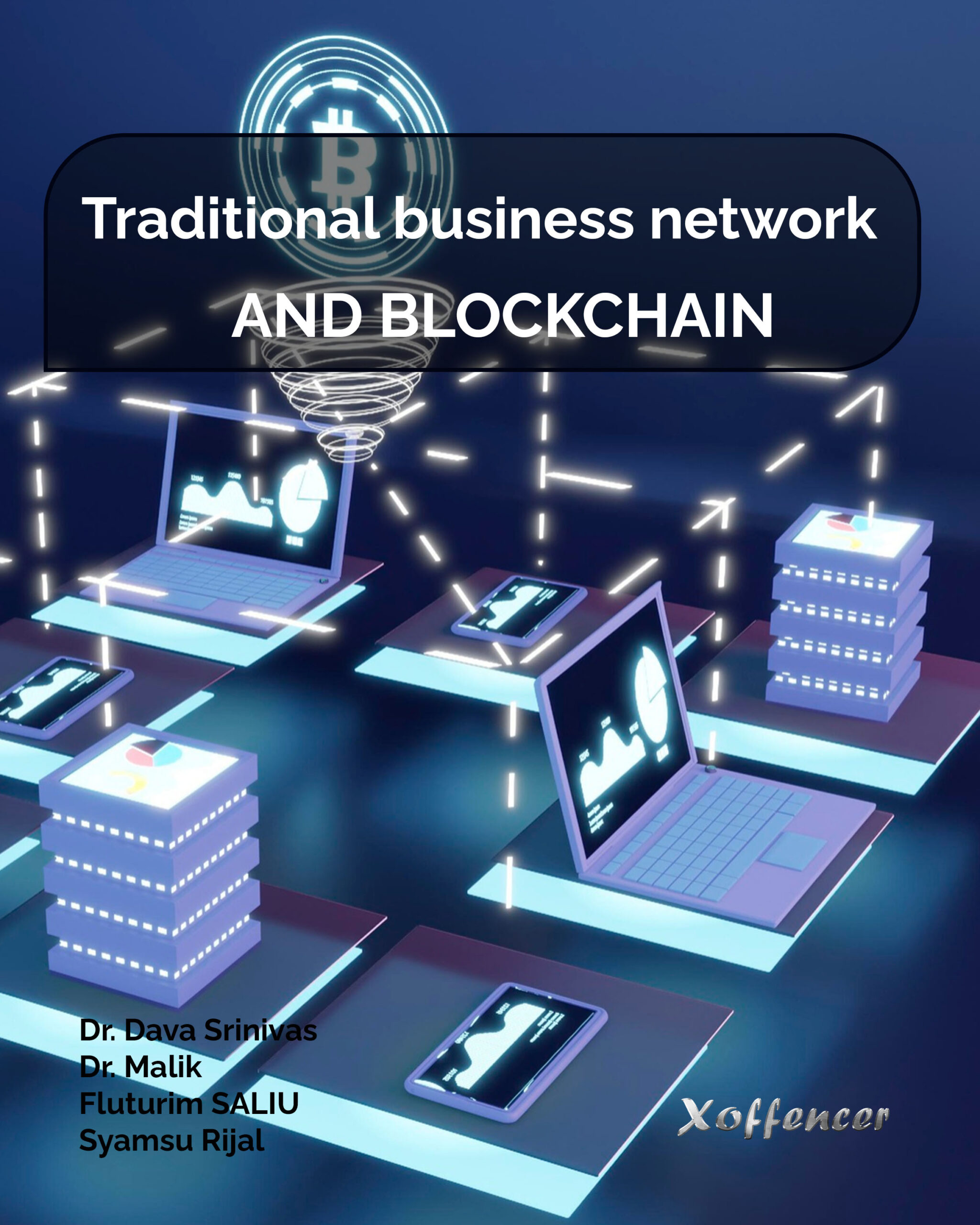

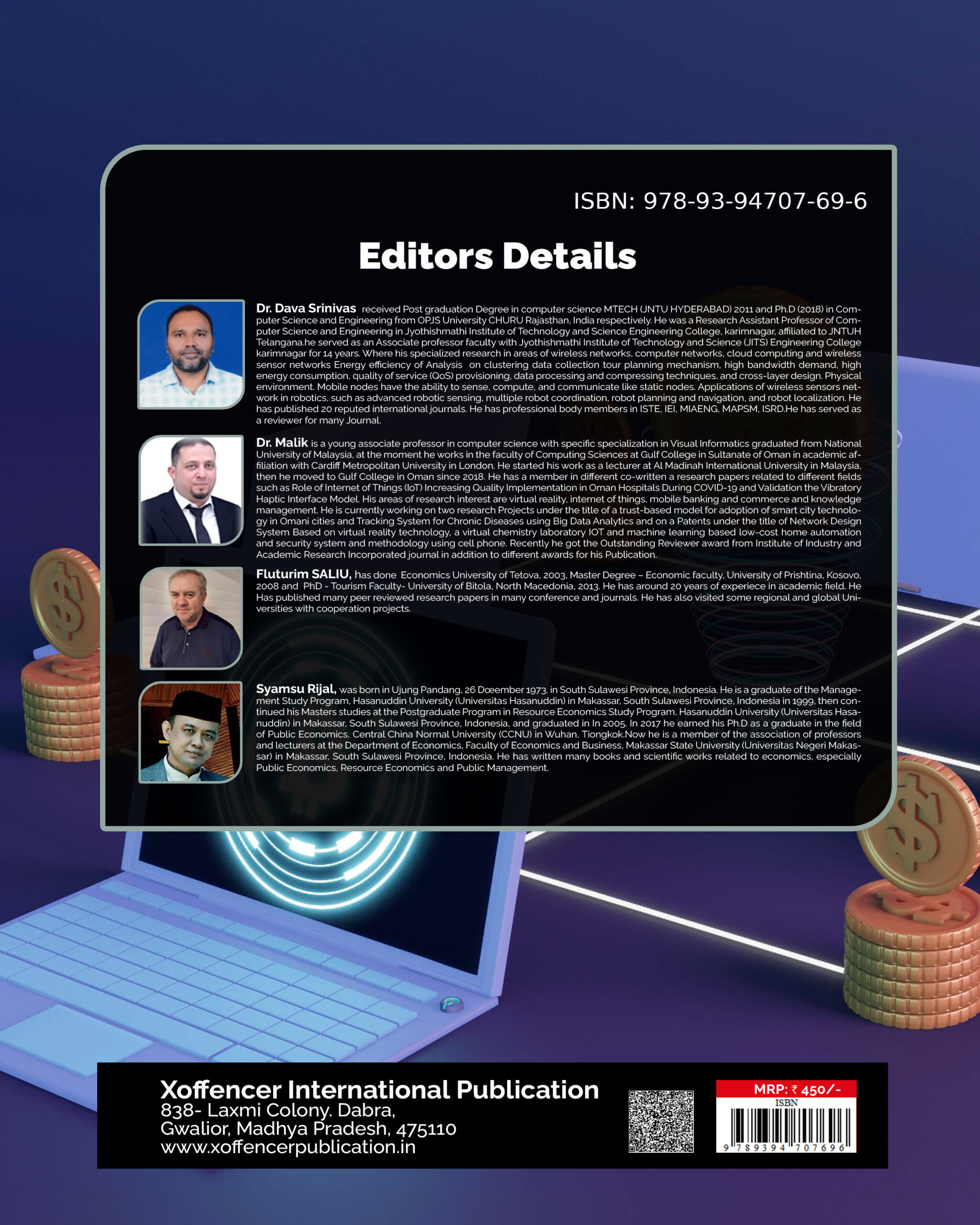
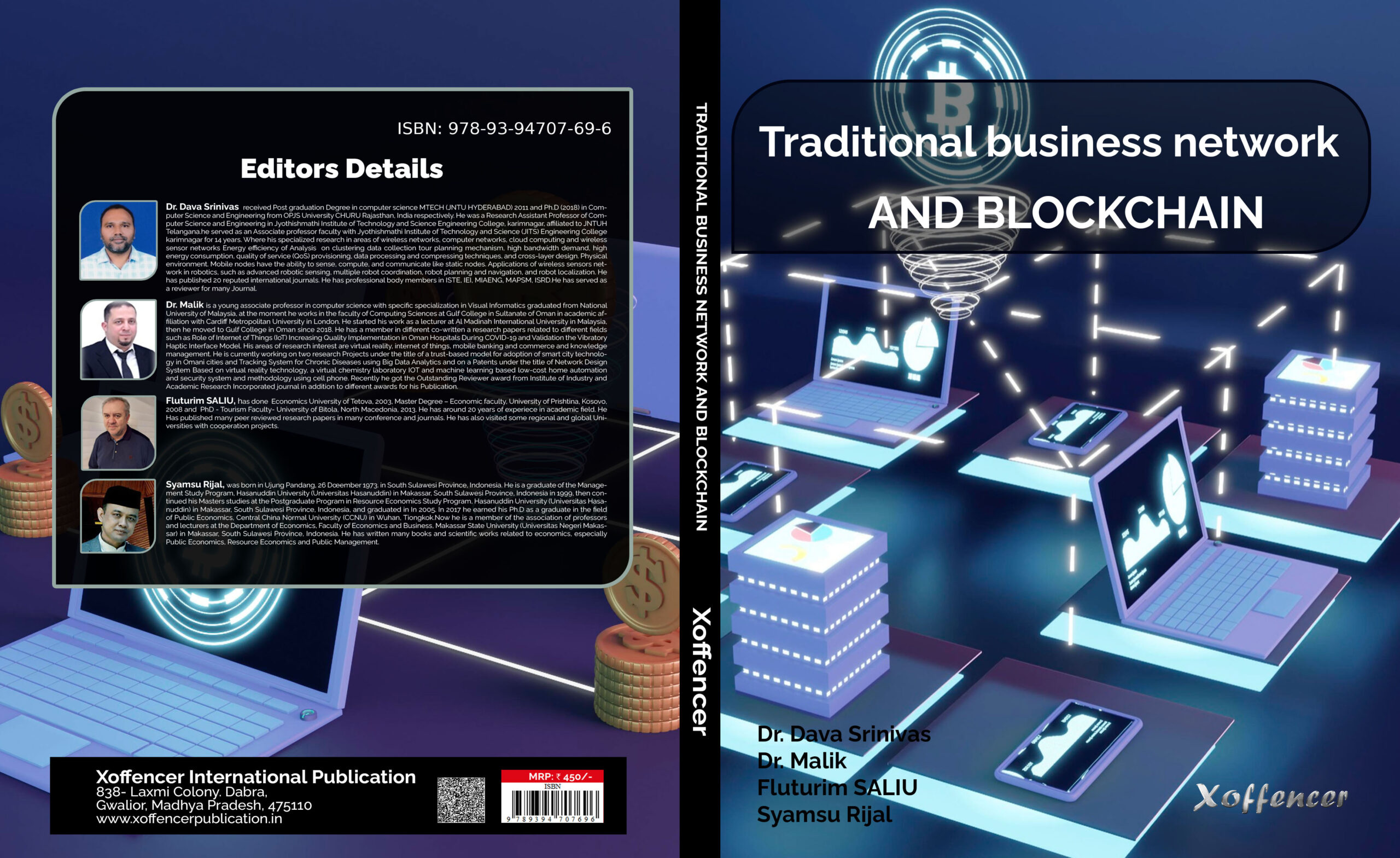




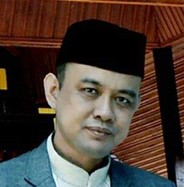
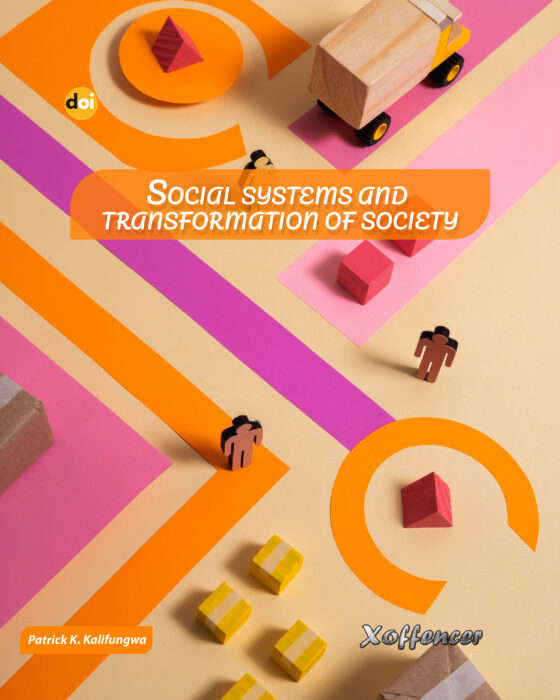



Reviews
There are no reviews yet.